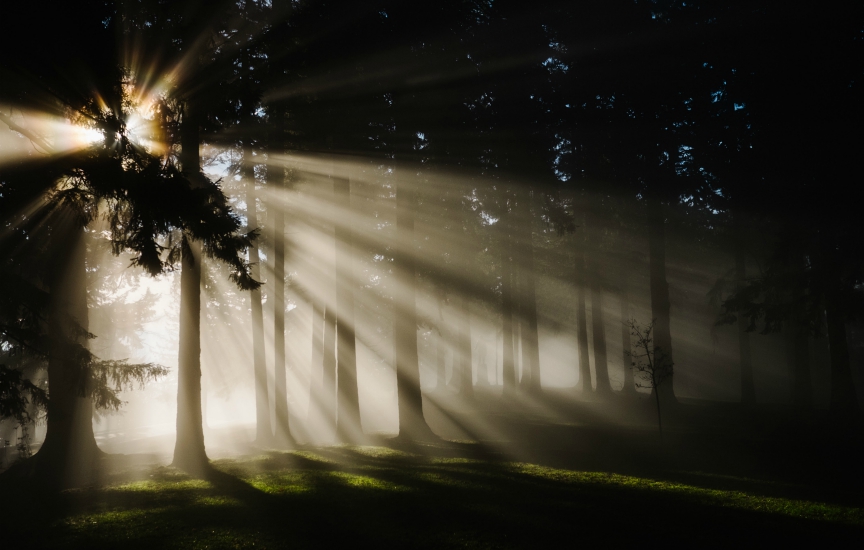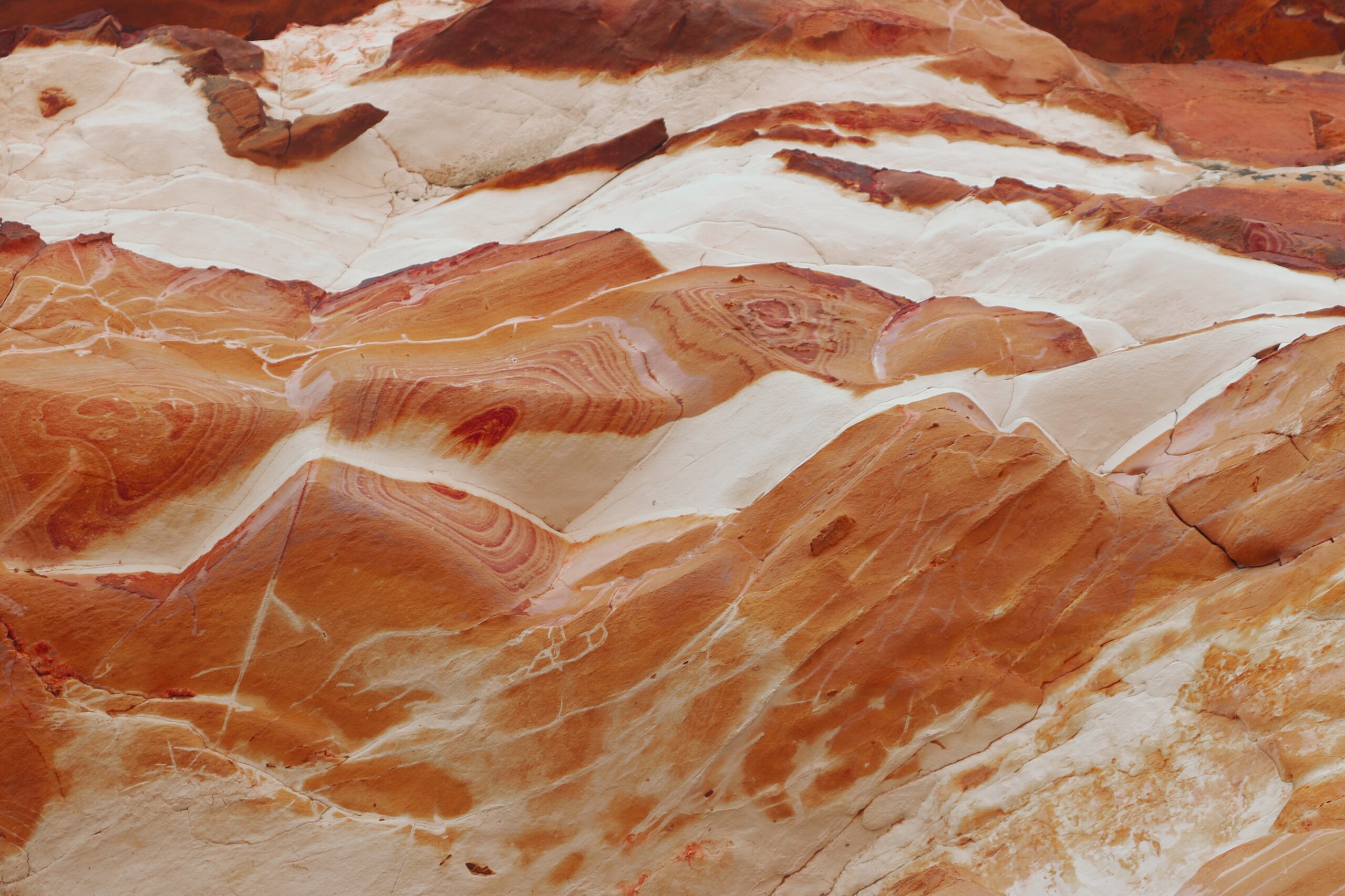Highlighting Australia
- As a proudly Australian initiative, we’re excited to showcase a collection of Australian stories, music, tributes and more.

Join activities, celebrations, study groups, spiritual empowerment and education programs for young people, and more.
Baha’i beliefs address essential spiritual themes for humanity’s collective and individual advancement. Learn more about these and more.


Perhaps you are like me. Perhaps there have been times when you have been asked what the Baha’i Faith is and the minute the word “religion” leaves your lips, your listener becomes apprehensive. Perhaps they reply that religion is an opiate for the masses, that it is an outdated fiction that does not meet the needs of today, that it is the cause of unnecessary bloodshed and war, that religion breeds intolerance for people of other religions, or that faith in something greater than ourselves shouldn’t be organized and administered. In honour of World Religion Day, I thought I’d explore what “religion” means in the context of the Baha’i Writings.
Here are some words of Abdu’l-Baha that describe what religion is:
True religion is based upon love and agreement. Baha’u’llah has said, “If religion and faith are the causes of enmity and sedition, it is far better to be nonreligious, and the absence of religion would be preferable; for we desire religion to be the cause of amity and fellowship. If enmity and hatred exist, irreligion is preferable.” Therefore, the removal of this dissension has been specialized in Baha’u’llah, for religion is the divine remedy for human antagonism and discord. But when we make the remedy the cause of the disease, it would be better to do without the remedy.”1
In The Secret to Divine Civilization, Abdu’l-Baha writes,
Our purpose is to show how true religion promotes the civilization and honor, the prosperity and prestige, the learning and advancement of a people once abject, enslaved and ignorant, and how, when it falls into the hands of religious leaders who are foolish and fanatical, it is diverted to the wrong ends, until this greatest of splendors turns into blackest night.2
The people who ask me about the Faith are right and their distrust of religion is completely understandable and justified. What they express is only a subtle manifestation of a much larger problem: a global religious crisis. At its worst, this religious crisis is demonstrated through acts of atrocious violence committed in the name of religion and in the name of God. Religion needs to “be freed from the shackles that have so far prevented it from bringing to bear the healing influence of which it is capable.”3
The Universal House of Justice, keenly aware that “the disease of sectarian hatreds, if not decisively checked, threatens harrowing consequences that will leave few areas of the world unaffected,”4 wrote an open letter to the world’s religious leaders in 2002. This letter called for courage on the part of believers of all faiths – courage to battle the prejudice against religion by rising above “fixed conceptions inherited from a distant past.”4 I think it can be enormously worthwhile to have a profound understanding of what has happened to religion, how religion is viewed, and how Baha’u’llah has recast the very notion of religion.
One Common Faith was prepared under the supervision of the Universal House of Justice in 2005 and it is a wonderful commentary that addresses this issue and that aims to catalyze a new understanding of religious faith. It uses excerpts from the Writings and descriptions of popular discourse to explain the world we live in and how to move forward.
For example, it talks about current popular misunderstandings of religion. It explains that for many, religion is the current existing multitude of religious sects. For others, it is the “great, independent belief systems of history” such as Christianity and Islam. For some, religion is simply a universally available attitude and for others it is a lifestyle of ritual and self-denial. “What all such differing conceptions have in common,” it writes, “is the extent to which a phenomenon that is acknowledged to completely transcend human reach has nevertheless gradually been imprisoned within conceptual limits – whether organizational, theological, experimental or ritualistic – of human invention.”5 It discusses what has occurred to religion over time and how “although the received truths of great faiths remain valid, the daily experience of an individual in the twenty-first century is unimaginably removed from the one that he or she would have known in any of those ages when this guidance was revealed.”6
It explores what our new understanding of religion should be. It states:
[…] Baha’u’llah has not brought into existence a new religion to stand beside the present multiplicity of sectarian organizations. Rather has He recast the whole conception of religion as the principal force impelling the development of consciousness. As the human race in all its diversity is a single species, so the intervention by which God cultivates the qualities of mind and heart latent in that species is a single-process. Its heroes and saints are the heroes and saints of all stages in the struggle: its successes, the successes of all ages. This is the standard demonstrated in the life and work of the Master and exemplified today in a Baha’i community that has become the inheritor of humanity’s entire spiritual legacy, a legacy equally available to all the earth’s peoples.7
One Common Faith concludes with these powerful words:
Successive dispensations of a loving and purposeful Creator have brought the earth’s inhabitants to the threshold of their collective coming-of-age as a single people. Baha’u’llah is now summoning humanity to enter on its inheritance: “That which the Lord hath ordained as the sovereign remedy and mightiest instrument for the healing of the world is the union of all its people in one universal Cause, one common Faith.”8
Reading One Common Faith has given me a better understanding, a clearer context, for why my listener scoffs at religion. I hope it has made me a better listener to their concerns because we live in a century far more receptive than the last and “a sea change in human consciousness is under way.”9
"*" indicates required fields

We recognise their continuing connection to land, waters and community. We pay our respects to Aboriginal and Torres Strait Islander people and their cultures; and to elders both past and present.
The views expressed in our content reflect individual perspectives and do not represent authoritative views of the Baha’i Faith.

Visit the site of the
Australian Baha’i Community
and the Baha’i Faith Worldwide
Notifications
To Sonjel
from Shirlie US
I find it interesting that we have come to almost the same understanding of our point in time as revealed in the booklet: One Common Faith. It is all the same religion, over eons of time. We are not “changing” religions… we are carrying it forward.
ONE PEOPLE: I was in Taiwan visiting
my son and his Persian wife and then on to Malaysia to visit friends and my Grandson and his friends in college: Many of the Baha’i youth are working together with Jr. Youth from all over the world.
It looks like there will be bonds of
marriage developed between Americans, Africans, Asians, Persians, Islanders and Europeans. We are physically becoming one PEOPLE It started with our children’s marriages to those of far off cultures and is intensifying with our grandchildren.
As it is stated on page 56 in ONE COMMON FAITH : “For those with eyes to see, the new creation is today everywhere emerging, in the same way that a seedling becomes in a fruit-bearing tree or a child reaches adulthood. Successive dispensations of a loving and purposeful Creator have brought the earth’s inhabitants to the threshold of their collective coming-of-age as a single people.”
Yes, read ONE COMMON FAITH, 2005
THE UNIVERSAL HOUSE OF JUSTICE
ISBN 0-87743-315-1
Shirlie Burriston (January 1, 2018 at 11:20 PM)
Sonjel: Such a timely and helpful article. You’ve inspired me to read One Common Faith again! It’s been some time since I last read it. Thank you!!
Lindsey Engh (January 1, 2018 at 9:08 PM)
Thank you for your kind and encouraging words, Lindsey!
Sonjel Vreeland (January 1, 2018 at 2:01 AM)
Hi Shirlie! Thank you so much for sharing your thoughts and your experiences! My own children are Iranian, Icelandic, Scottish, Irish, English and Dutch. They are Canadians by birth but citizens of the world. 🙂
Sonjel Vreeland (January 1, 2018 at 2:04 AM)
Thanks very much for this, Sonjel. This was an informative and helpful read. I research a lot on ‘religion’ and the role it plays in the lives of refugees. I keep witnessing a rising tide of religious prejudice (these sectarian hatreds the Universal House of Justice spoke about) among people. A new conception of religion is so sorely needed! I hope more people read your reflections on this theme!
Kat Eghdamian (January 1, 2018 at 9:25 AM)
You’re most welcome, Kat! I’m so glad you found it useful!
Sonjel Vreeland (January 1, 2018 at 10:29 AM)
Great article, Sonjel!
Here is the translation to Portuguese.
http://povodebaha.blogspot.pt/2018/02/a-fe-bahai-e-uma-religiao.html
Marco Oliveira (February 2, 2018 at 9:03 PM)
Hi Marco!
Wow! It’s wonderful to see this article in Portuguese! We love to see Baha’i Blog articles translated and made accessible to more and more people. Please include that this article is from Baha’i Blog and also include a link to the original article in English. Thank you so much for sharing this and for your hard work translating this!
– Sonjel
Sonjel Vreeland (February 2, 2018 at 12:03 AM)